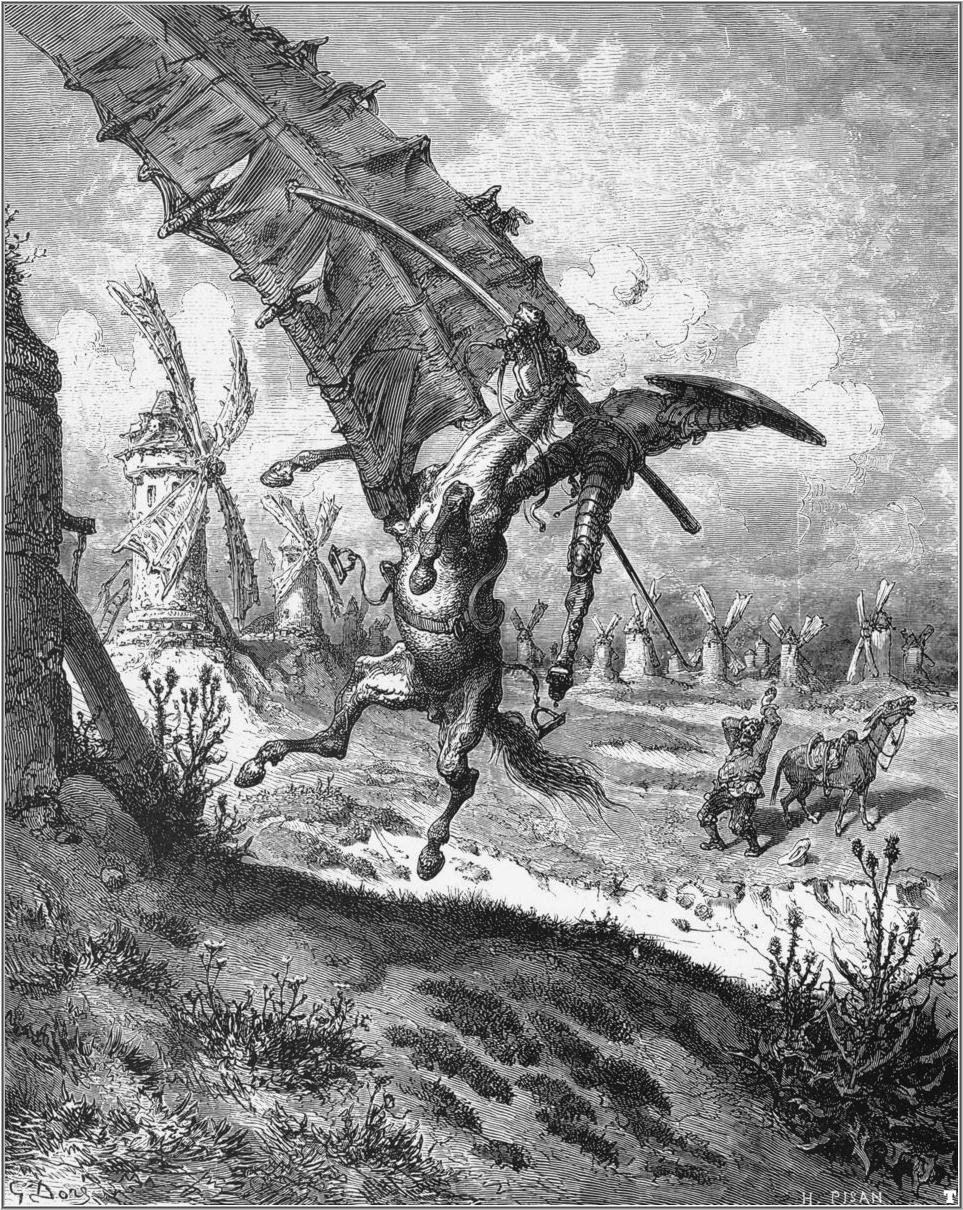Wilt Thou Gallantly Tilt at Windmills? (2013)
i found out, yesterday, my name is mentioned now and then on freenode Haskell and Lisp IRC channels.
- http://ircbrowse.net/browse/haskell?q=xah
- http://ircbrowse.net/browse/haskell?q=xahlee
- http://ircbrowse.net/browse/lisp?q=xah
- http://ircbrowse.net/browse/lisp?q=xahlee
it's a blast reading them.
though, i need to clarify a few things. I don't hate lisp or haskell, or tail recursion, monad, currying, etc. In fact, i rather love these langs than others, such as perl, java.
my incessant harsh rants against lisp, haskell, and many of the language aspects, is due to the fanatics of these langs, and the hacker type's fashion-loving and denial to basic facts. It is this, denial of basic facts, drives my rants. The more denial, the harsher and perpetual is my rant against them.
on a totally separate note, i learned a idiom today.
ThomasH: zorkmoid: Indeed, if Xah could direct his intelligence to more constructive activities, he'd do well. He seems to prefer to tilt at windmills.
here's Wikipedia Tilting at windmills:
Tilting at windmills is an English idiom which means attacking imaginary enemies. The word “tilt”, in this context, comes from jousting.
The phrase is sometimes used to describe confrontations where adversaries are incorrectly perceived, or to courses of action that are based on misinterpreted or misapplied heroic, romantic, or idealistic justifications. It may also connote an importune, unfounded and vain effort against confabulated adversaries for a vain goal.
The phrase derives from an episode in the novel Don Quixote by Miguel de Cervantes. In the novel, Don Quixote fights windmills that he imagines to be giants. Quixote sees the windmill blades as the giant's arms, for instance.

〔see Art of Gustave Dore〕
Here's a excerpt of the novel, fascinating:
Just then they came in sight of thirty or forty windmills that rise from that plain. And no sooner did Don Quixote see them that he said to his squire, “Fortune is guiding our affairs better than we ourselves could have wished. Do you see over yonder, friend Sancho, thirty or forty hulking giants? I intend to do battle with them and slay them. With their spoils we shall begin to be rich for this is a righteous war and the removal of so foul a brood from off the face of the earth is a service God will bless.”
“What giants?” asked Sancho Panza.
“Those you see over there,” replied his master, “with their long arms. Some of them have arms well nigh two leagues in length.”
“Take care, sir,” cried Sancho. “Those over there are not giants but windmills. Those things that seem to be their arms are sails which, when they are whirled around by the wind, turn the millstone.”
(—Part 1, Chapter VIII. Of the valourous Don Quixote's success in the dreadful and never before imagined Adventure of the Windmills, with other events worthy of happy record.)